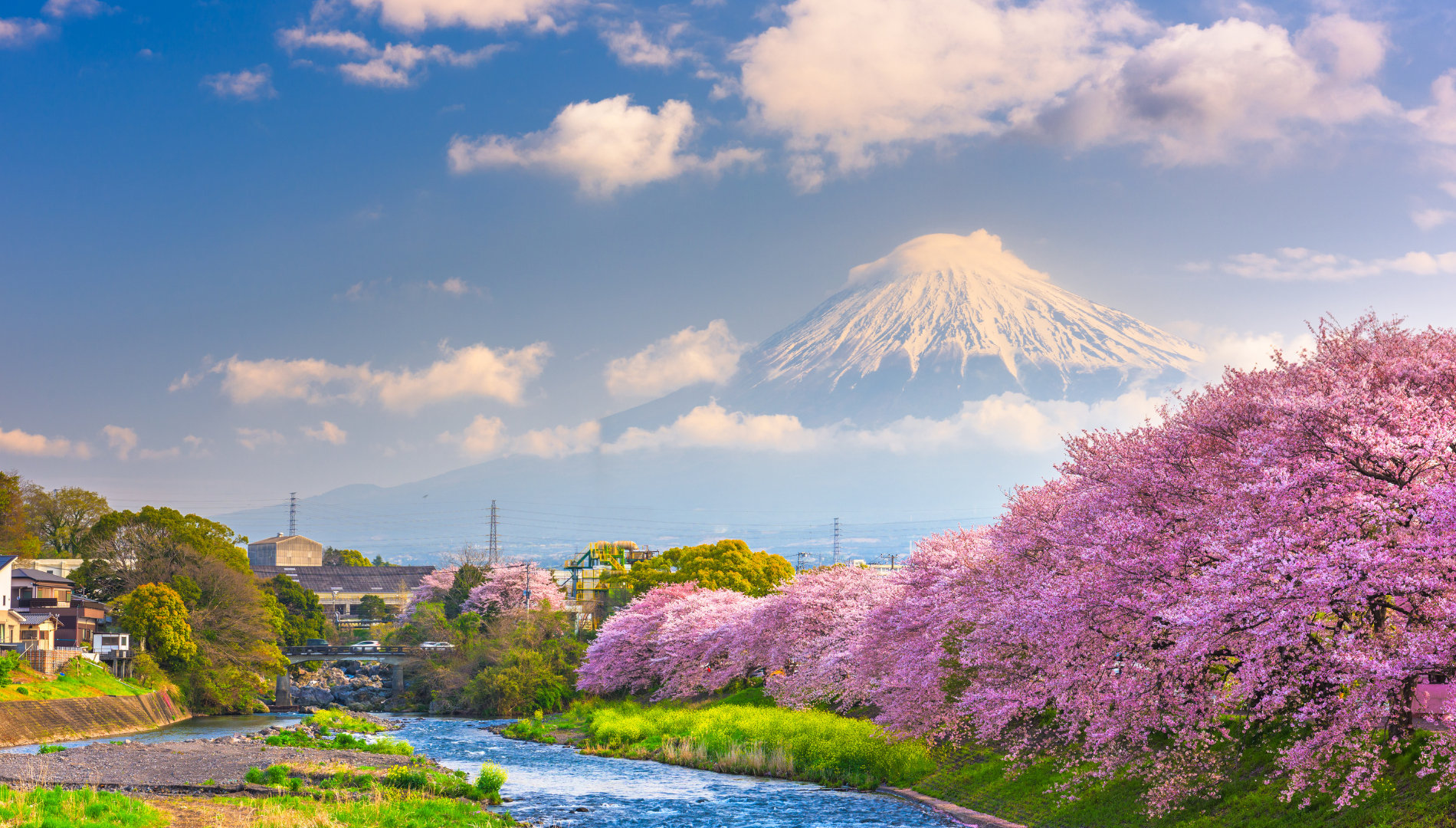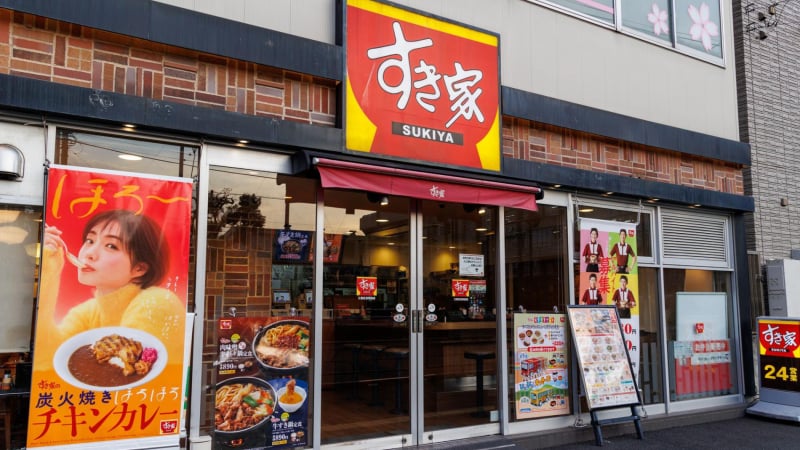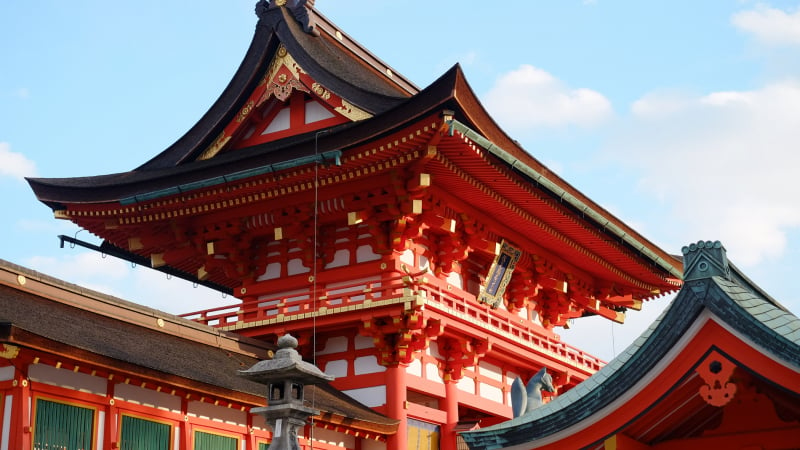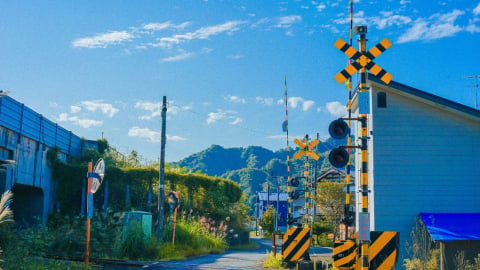A large-scale survey conducted by the Japan Tourism Agency with over 4,000 international tourists at five major gateway airports of the country (New Chitose, Narita, Haneda, Kansai, and Fukuoka) between December 2024 and January 2025 has revealed a prominent problem causing considerable inconvenience for travelers: a severe shortage of public trash cans.
Notably, as many as 21.9% of respondents identified this as their top concern throughout their trip to Japan. Although this percentage has improved slightly (by about 8%) compared to the previous survey results, many tourists still expressed inconvenience at having to carry personal waste back to their accommodation because they couldn't find suitable disposal facilities along the way.
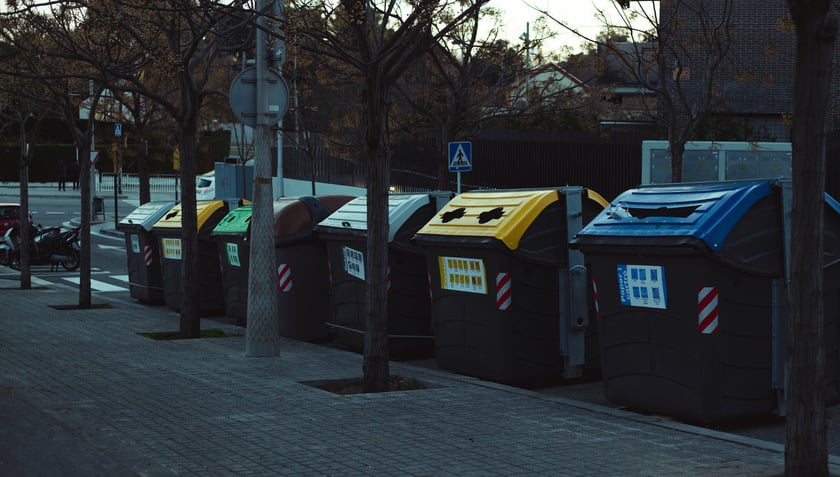
The lack of trash cans in public places, especially at train stations, has become one of the biggest inconveniences for foreign tourists visiting Japan.
According to experts, the current shortage of public trash cans is a consequence of tightened security policies in recent years. Following shocking terrorist attacks such as the 1995 sarin gas attack on the Tokyo subway and the 2004 train bombing in Madrid, many public trash cans were removed to minimize the risk of them being used to harbor explosives.
The disappearance of most public trash cans has led to another worrying consequence: littering at tourist spots is becoming increasingly serious, affecting the landscape and overall hygiene.
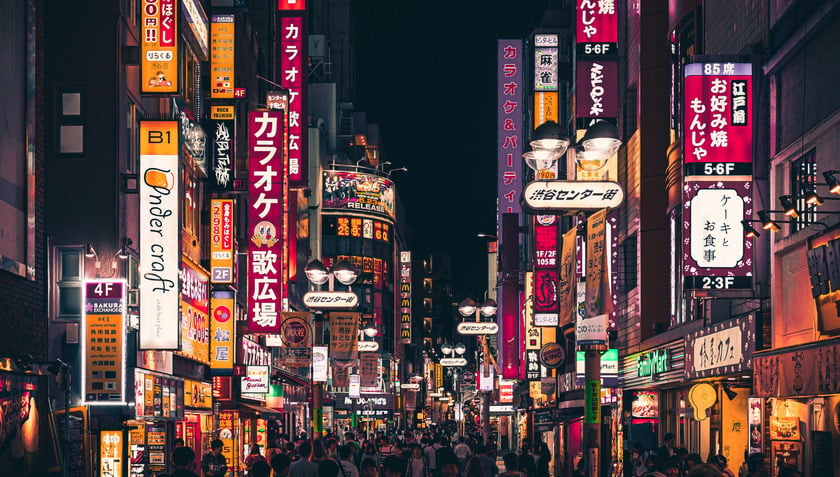
A survey by the Japan Tourism Agency revealed that international tourists visiting Japan found the lack of trash cans the most inconvenient, followed by language barriers and overcrowding.
Comparing it to globally renowned tourist destinations, Yohei Takemura, CEO of Forcetec – a company specializing in installing high-tech trash cans – pointed out a clear difference. Cities like New York and Paris have around 30,000 public trash cans, making it convenient for tourists to dispose of waste in a civilized manner.
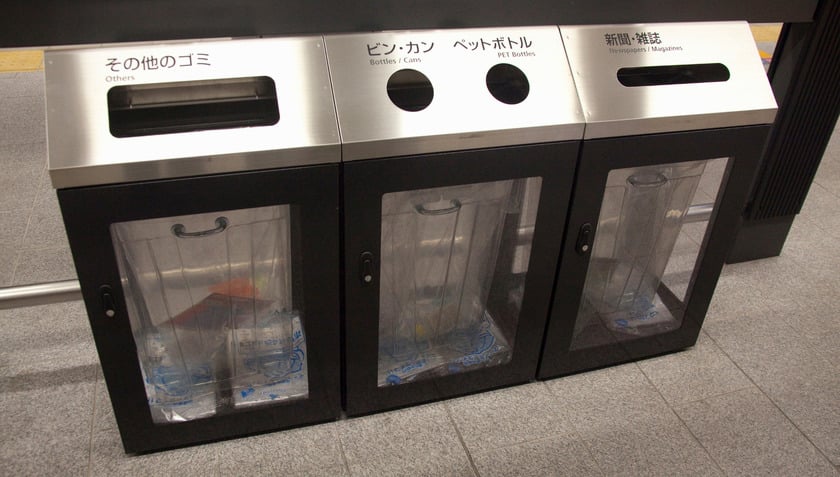
Although this rate has decreased by about 8% compared to the previous year, many survey participants said they had to bring their trash back to their homes because they couldn't find a place to dispose of it.
In contrast, in Tokyo, while government-managed trash cans are almost non-existent, only a few are installed and maintained by private companies in certain areas.
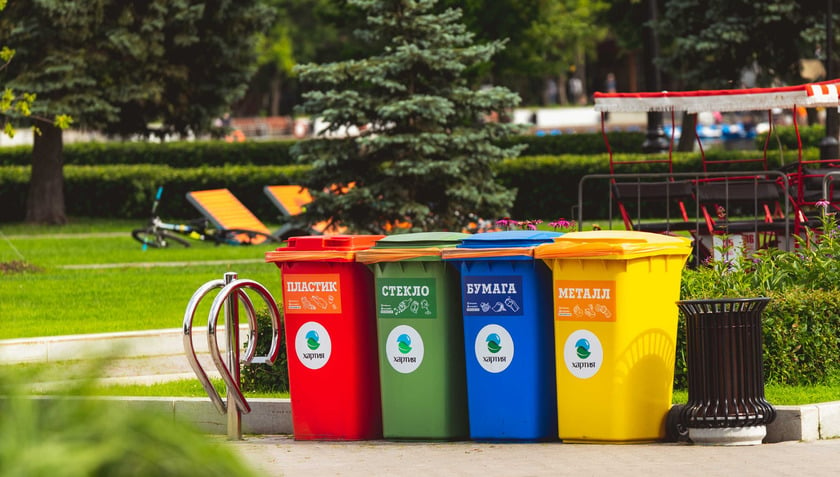
However, with the disappearance of most public trash cans, littering at tourist destinations has become a major societal concern.
Besides the lack of trash cans, the survey by the Japan Tourism Agency also noted other inconveniences faced by tourists, including language barriers (15.2% of responses), overcrowding at tourist attractions (13.1%), and long waiting times at immigration checkpoints at airports (8.6%). These results show that, while Japan is an attractive destination, there are still areas that need improvement to further enhance the experience of international tourists.

 VI
VI EN
EN



